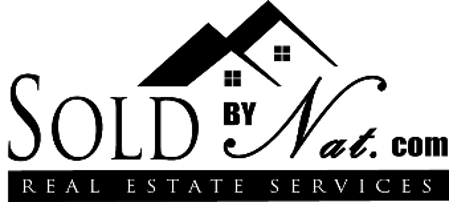Parents, with children getting closer and closer to entering college, may also be feeling stress because they haven’t saved enough for tuition and other expenses. It’s estimated that the average cost for the 2015-16 school year is $32,405 for private colleges, $9,410 for state residents of public colleges and $23,893 for out-of-state residents.
If you started saving the year your child was born, you’d have to save $4,608 per year for 18 years at 5% to accumulate $129,620. If you waited until they were 10 years old, you’d have to save $13,574 per year to have the right amount. Saving enough can be difficult if you have a lot of time but if you only have a short time to meet your goals, it can seem impossible.
Student debt is one way to handle the tuition but many parents are reluctant to saddle their children with the obligation. Currently, there is more than $1.2 trillion in outstanding student loan debt to 40 million borrowers with an average balance of $29,000. Some economists suggest that this debt is delaying would-be buyers from making their first home purchases.
There is another way to pay for the education by making an investment in a rental property. Rents are continuing to rise, homes in owner-occupied neighborhoods are appreciating and the leverage due to borrowed funds can be a huge help in building the equity to pay the tuition.
Rent the home and maintain its condition over the years. As the loan amortizes and the value increases, the equity will grow. When your student is ready to start college, you'll actually have several options.
You can sell the property; pay the tax on the gain at the reduced capital gains rate and fund the education. Another option would be to refinance and take the proceeds to pay for the tuition. This would allow you to continue to own the asset but would free your equity. Under current tax laws, it is a non-taxable event.
In effect, your tenants are paying to send your kids to college.






